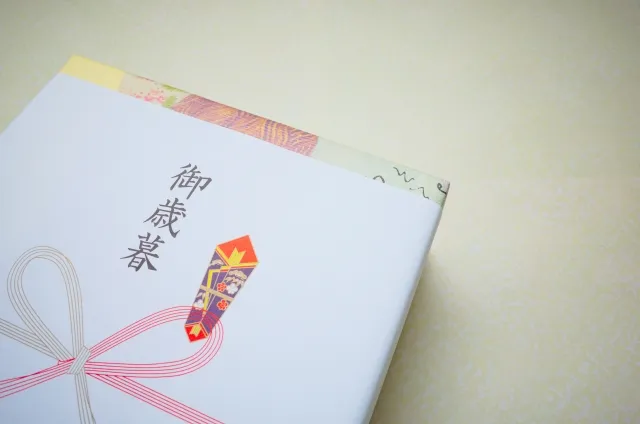November 4, 2023
Japanese Business Culture: A Guide to Success
A Comprehensive Guide to Japanese Business Culture: Etiquette, Respect, and Success
Unlock the Secrets to Success in Japanese Business Culture: Etiquette, Respect, and More
In this article, we will explore the fascinating world of Japanese business culture. The unique customs and practices followed in Japanese companies can sometimes be a little perplexing for outsiders. However, understanding and respecting these cultural nuances is crucial for working effectively with Japanese partners and clients.
The Importance of Etiquette
Japanese business culture places a significant emphasis on politeness, respect, and proper etiquette. It is essential to greet your Japanese counterparts with a bow, as it is a customary gesture of respect. The depth and duration of the bow can vary depending on the situation and the persons status, so observing and following their lead is recommended.
Punctuality is highly valued in Japanese business culture. Arriving a few minutes early for meetings and appointments demonstrates respect for others time. Its advisable to have all the necessary documents and materials prepared beforehand to avoid any delays.
Hierarchy and Formality
In Japanese companies, a strict hierarchical structure is followed, and the seniority of individuals is highly respected. It is essential to address people using the appropriate level of formality and honorific titles. Using last names with the appropriate suffix, such as -san for both men and women, is considered polite and respectful.
When exchanging business cards, known as meishi, it is customary to offer and receive them with both hands. Take a moment to carefully read the card you receive and show respect for the person offering it. When presenting your business card, make sure to hold it with both hands and offer it facing the recipient.
Building Relationships Through Socializing
Japanese business culture places a significant emphasis on building relationships and trust through socializing. The concept of nomikai, which refers to after-work drinking parties, is common in Japan. Participating in these events helps foster stronger connections and allows for more informal communication.
Gift-giving is also an important aspect of Japanese business culture. When visiting a Japanese company or attending a meeting, it is customary to bring a small gift. These gifts, known as omiyage, symbolize gratitude and show respect for the host. Remember to present gifts using both hands and avoid wrapping them in white, as it is associated with funerals.
Closing Thoughts
Understanding Japanese business culture is essential for anyone looking to establish successful business relationships in Japan. By adopting a respectful and mindful approach, you can navigate these cultural intricacies and build trust with your Japanese counterparts. Remember, its not just about business; its about building lasting connections.




